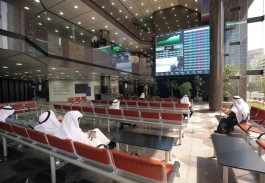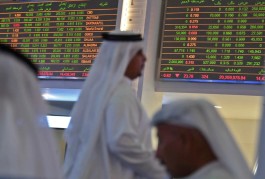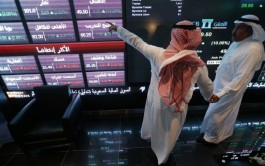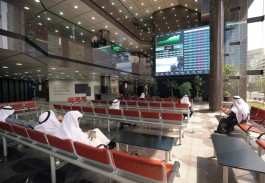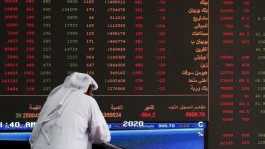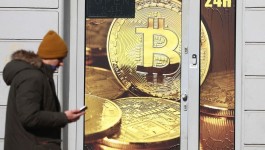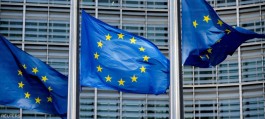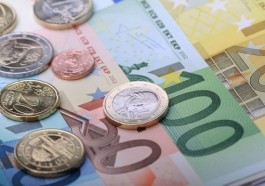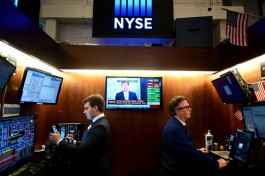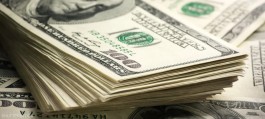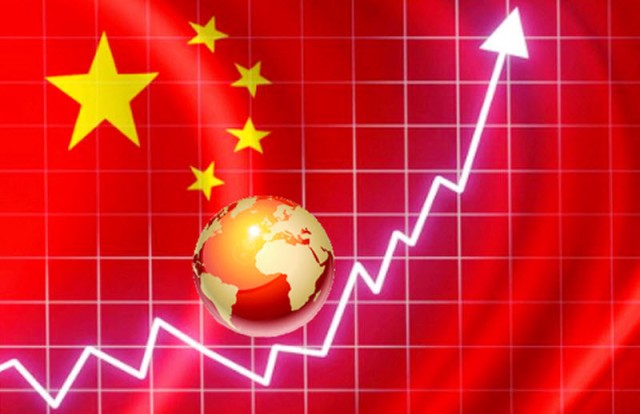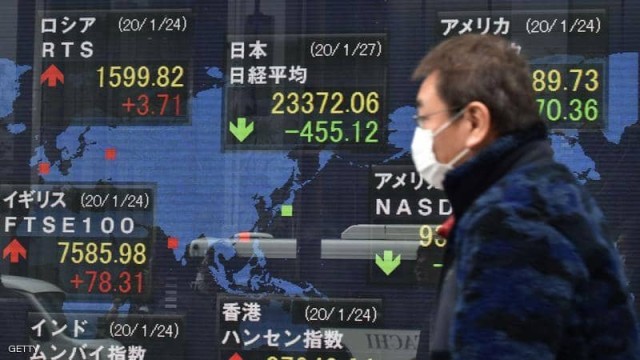China's economic recovery from the COVID-19 pandemic has slowed, sending a warning to the rest of the world about the sustainability of the recovery.
Last Friday, China's central bank lowered the level of cash that most banks must hold in reserve in order to boost lending.
While the People's Bank of China (PBOC) said the move was not a renewed stimulus, the breadth of the reserve requirement cuts for banks came as a surprise.
Data on Thursday is expected to show Chinese growth slowing in the second quarter to 8% from a record 18.3% gain in the first quarter, according to a Bloomberg survey of experts. news.
The Chinese economy was expected to rebound from the heights it reached during its initial recovery, but economists say the decline came sooner than expected, and could The domino effect affects all parts of the world.
There is no doubt that the impact of China's slowdown on the global economy will be greater than it was five years ago, said Rob Subaraman, head of global markets research at Nomura Holdings. Years.. COVID-19 wave could also affect market expectations and if China's economic recovery is easing now, others will soon follow.
Undermine Bright Expectations
The G20 finance ministers who met in Venice last Saturday expressed concern about threats to the fragile global recovery, saying that the new variables of the coronavirus and the pace of A level playing field for vaccination could undermine the bright prospects of the global economy.
As Chinese state media quoted several analysts on Monday as saying that domestic growth will slow in the second half due to an uncertain global recovery.
The slow recovery in China also reinforces the view that factory inflation is likely to have peaked and that commodity prices could fall further.
Wei Yao, chief Asia-Pacific economist at Societe Generale, said slowing growth in China should mean near-term pressures to curb global inflation, Especially on the demand for industrial minerals and capital goods.
On the Chinese domestic front, the biggest mystery remains why retail sales remain weak even though the virus remains under control. Sales likely slowed again in June, according to (Bloomberg Economics), as sentiment was measured by controls to contain the sporadic outbreak.










